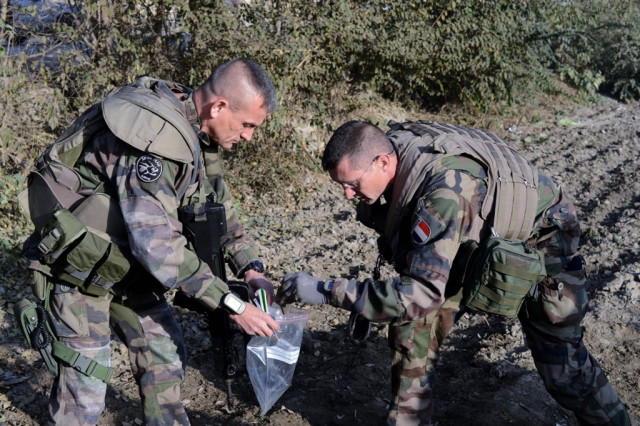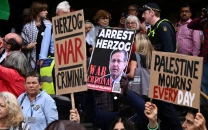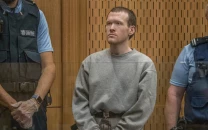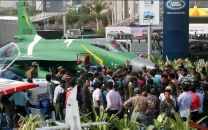Rocket attack on Kabul kills one, wounds two: Police
The three victims "were passing by at the time of the attack and were hit by shrapnel" from one of the rockets.

The Taliban, ousted by US-led forces following the 9/11 attacks on the United States, have waged an increasingly bloody insurgency against the government of President Hamid Karzai, which is backed by more than 100,000 Nato troops.
Rocket attacks on the capital are relatively rare – and notoriously inaccurate – but Kabul has been hit by a series of deadly suicide and commando-style insurgent attacks this year.
The three victims "were passing by at the time of the attack and were hit by shrapnel" from one of the rockets, the city's police chief Mohammad Ayoub Salangi told AFP.
“In total three rockets landed in Kabul. The other two didn't cause casualties,” he said. No group has yet claimed responsibility for the attack.
One of the rockets landed at the privately run Shamshad TV station but caused no damage or injuries.
The rockets were fired from vineyards northeast of Kabul, Salangi said, where a fourth was found and defused.
The presidential palace, defence ministry and the headquarters of the national intelligence agency are all within a couple of kilometres from the areas hit by blasts.
Among major attacks on Kabul this year, explosions and gunfire rocked the city on April 15 as squads of Taliban suicide attackers struck across Afghanistan. A total of at least 51 people were killed in the attacks, 36 of them insurgents.
And on June 22, Taliban militants armed with automatic weapons and rockets attacked a hotel near Kabul, seizing dozens of hostages and killing at least 18 people.
Spectacular attacks such as those are usually blamed on the Haqqani network, a Taliban faction seen as one of the greatest threats to Western forces in Afghanistan.
Washington designated the Haqqanis a "Foreign Terrorist Organisation" in September, a move that made it a crime in the United States to provide them with material support and froze their property or interests in the US.
Earlier this month the UN Security Council added the group to its Afghanistan-Taliban sanctions list, ordering nations to freeze Haqqani assets and enforce an arms embargo.
US and Nato combat troops are due to withdraw from Afghanistan by the end of 2014, and there are widespread fears that a new multi-faction civil war could break out after their departure.
A civil war erupted in the early 1990s after the Soviet Union pulled out following a 10-year occupation.
That conflict saw factional warlords exchanging rocket and artillery fire within the capital, reducing parts of it to rubble, before the Taliban took over in 1996.



















COMMENTS
Comments are moderated and generally will be posted if they are on-topic and not abusive.
For more information, please see our Comments FAQ